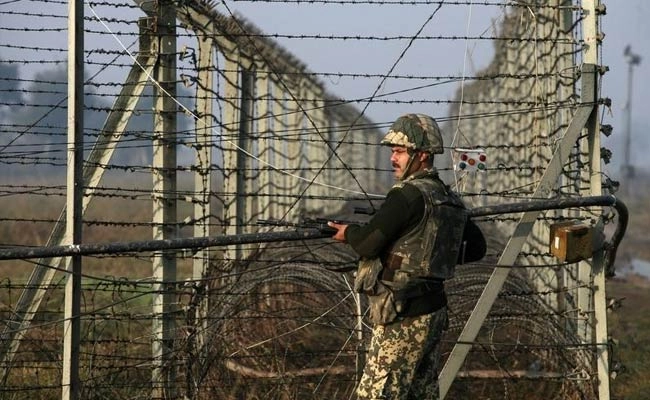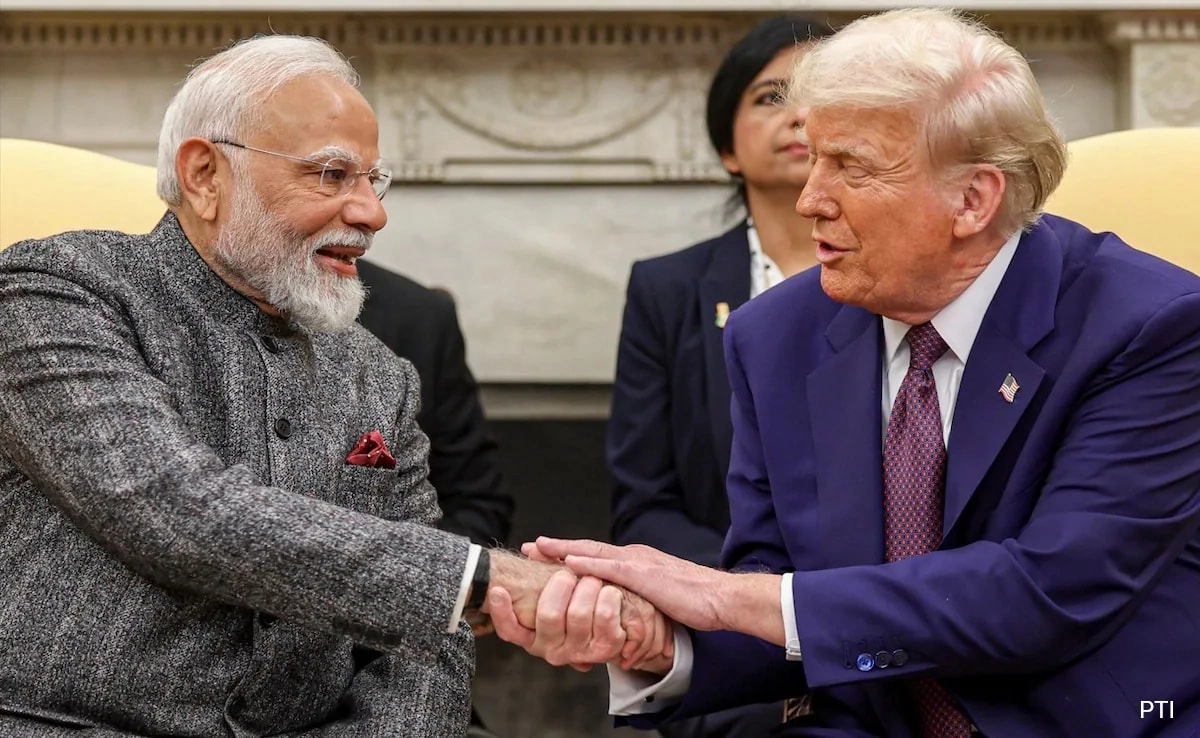In the wake of the recent attack in Pahalgam, India has taken decisive action by downgrading its diplomatic ties with Pakistan, reflecting a significant shift in their bilateral relationship. The incident, which has been attributed to cross-border terrorism, has reignited tensions between the two nations, long marred by a history of conflict and mistrust. Indian authorities have pointed fingers at Pakistan-based militant groups, alleging that these factions are responsible for orchestrating violence on Indian soil. This development underscores the persistent threat posed by cross-border terrorism in the region and raises questions about Pakistan’s role in addressing this critical issue.
The downgrading of diplomatic ties signifies a broader strategy by India to isolate Pakistan on the international stage. By reducing its engagement with Islamabad, India aims to convey a strong message regarding its stance on terrorism and security. This move is likely to involve a re-evaluation of existing agreements and cooperative frameworks that have governed their interactions over the years. The Indian government has emphasized the need for Pakistan to take concrete actions against terrorism and to dismantle the infrastructure that supports such activities. Failure to address these concerns could lead to further deterioration of relations, with significant implications for regional stability.
Moreover, the Pahalgam attack has provoked widespread outrage within India, prompting calls for a robust response to ensure national security. Public sentiment is increasingly leaning towards a more aggressive stance against terrorism, with demands for the government to take effective measures to safeguard its citizens. The Indian leadership faces mounting pressure to demonstrate its commitment to protecting national interests while navigating the complex geopolitical landscape of South Asia. As the situation unfolds, the international community is closely monitoring the developments, recognizing the potential for escalation that could affect not just India and Pakistan, but the broader region as well.
In conclusion, the recent attack in Pahalgam and the subsequent downgrading of ties with Pakistan exemplify the fragility of peace in South Asia. The dynamics of cross-border terrorism continue to be a critical factor influencing the relationship between the two nations. As both countries grapple with their respective internal challenges and external pressures, the path to dialogue and resolution remains uncertain. The international community must engage constructively to facilitate discussions that address the root causes of conflict and promote lasting peace in the region. The future of India-Pakistan relations hinges on the ability of both sides to confront the specter of terrorism and work collaboratively towards a more stable and secure environment.




